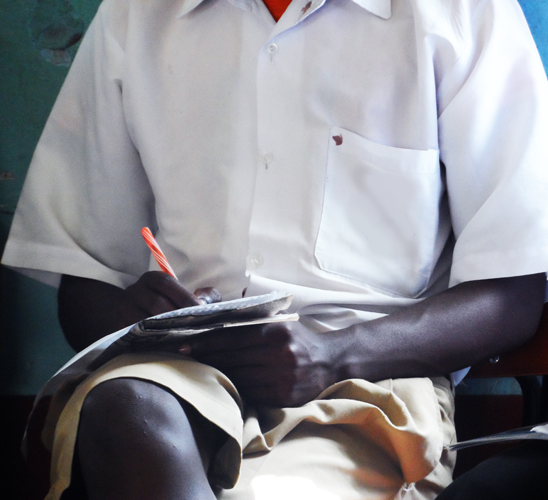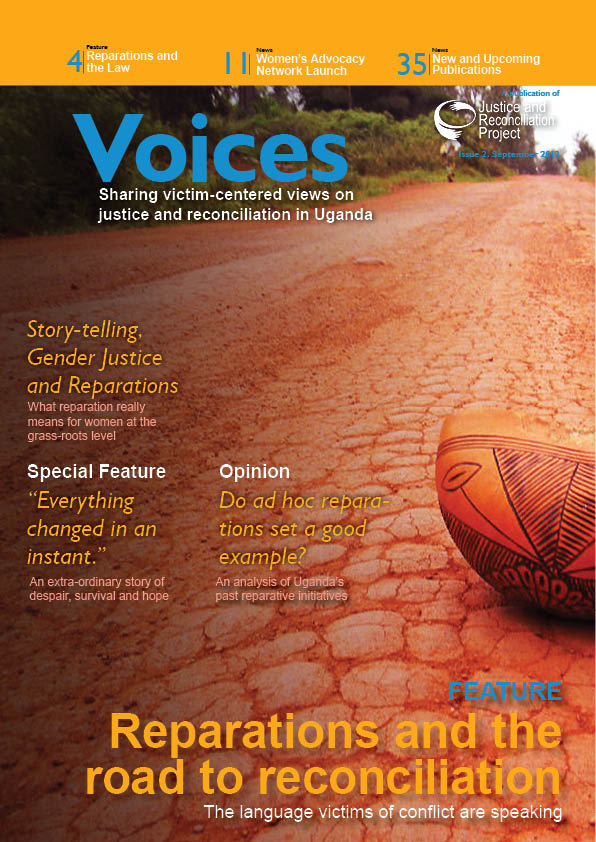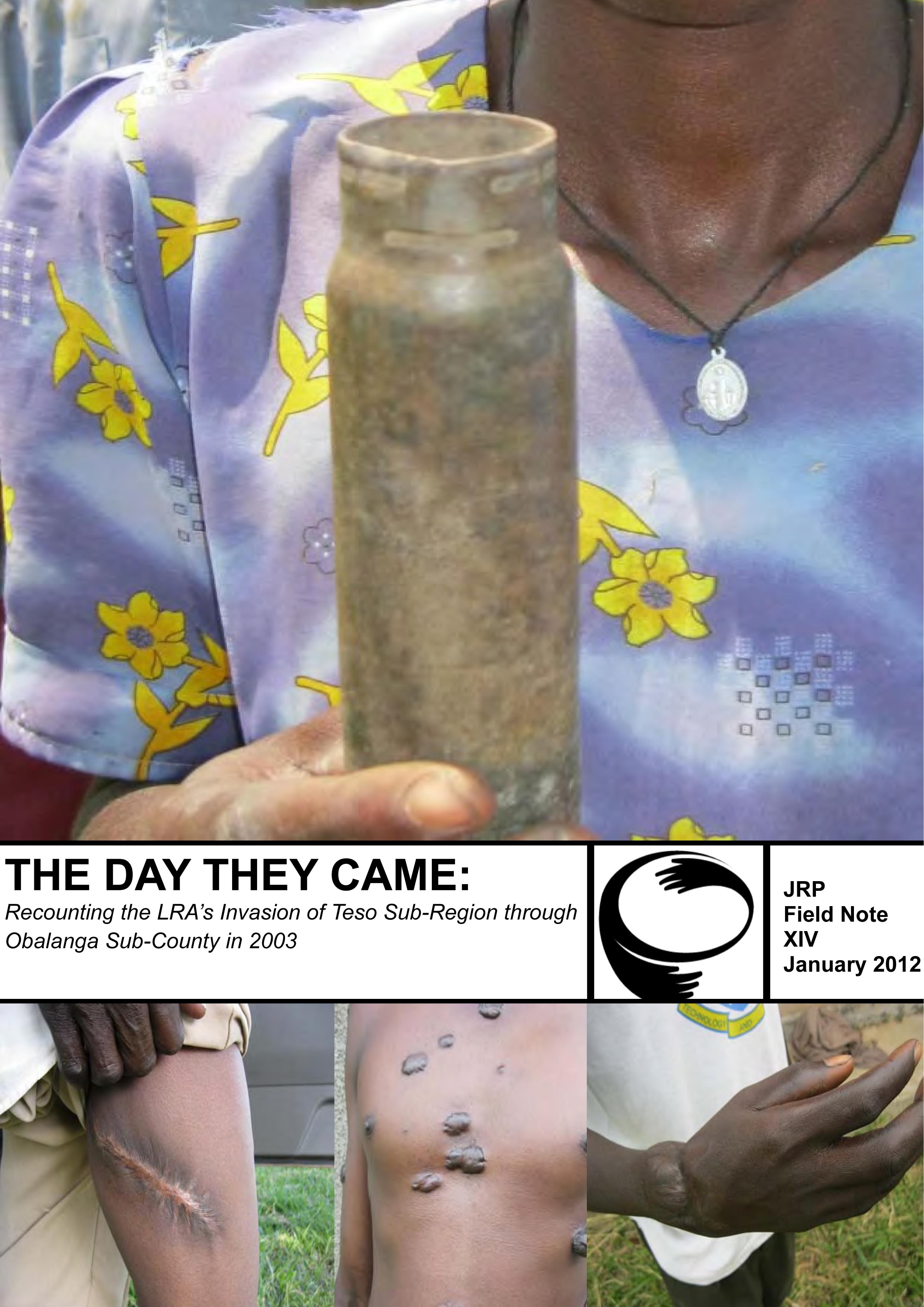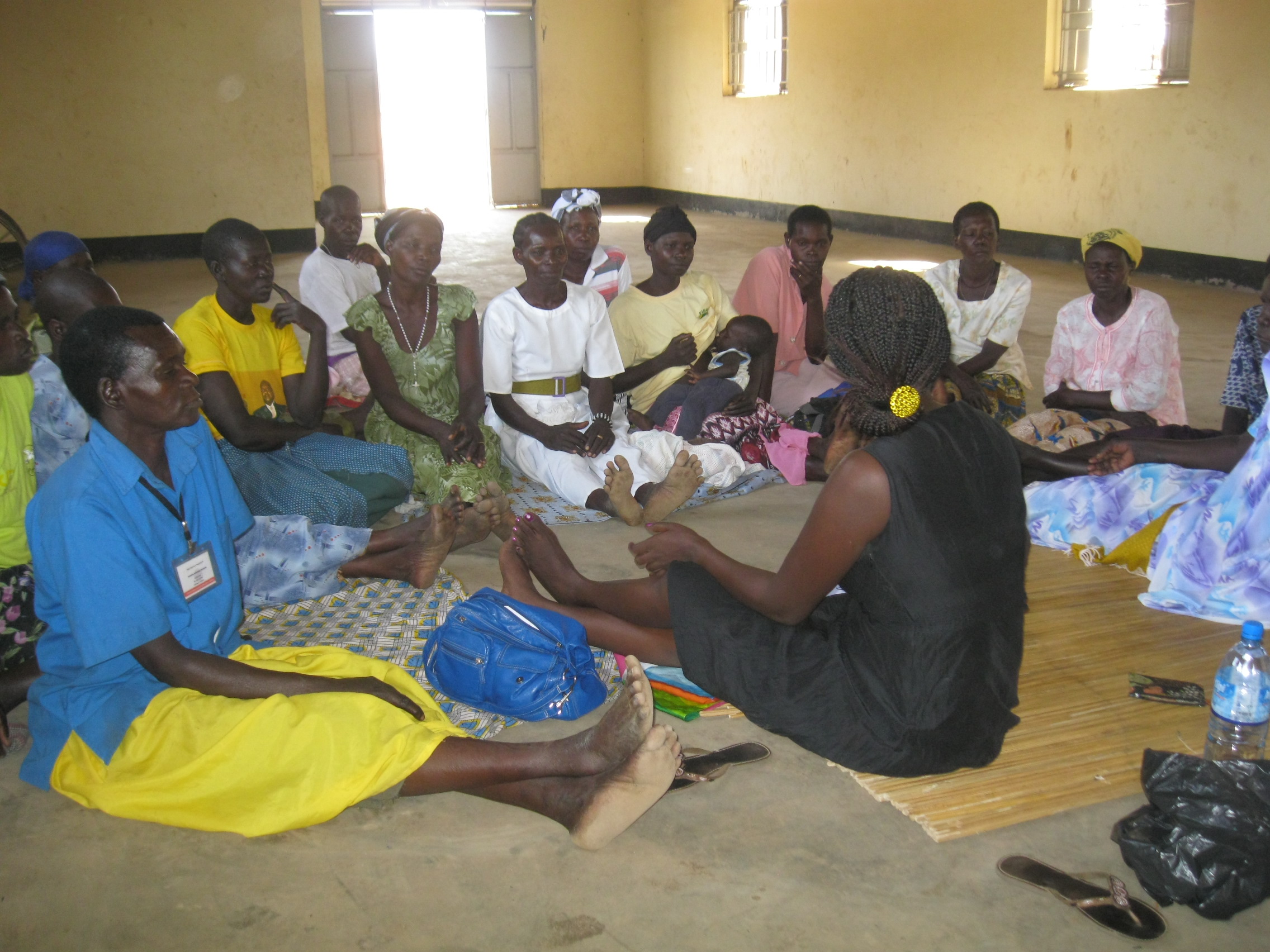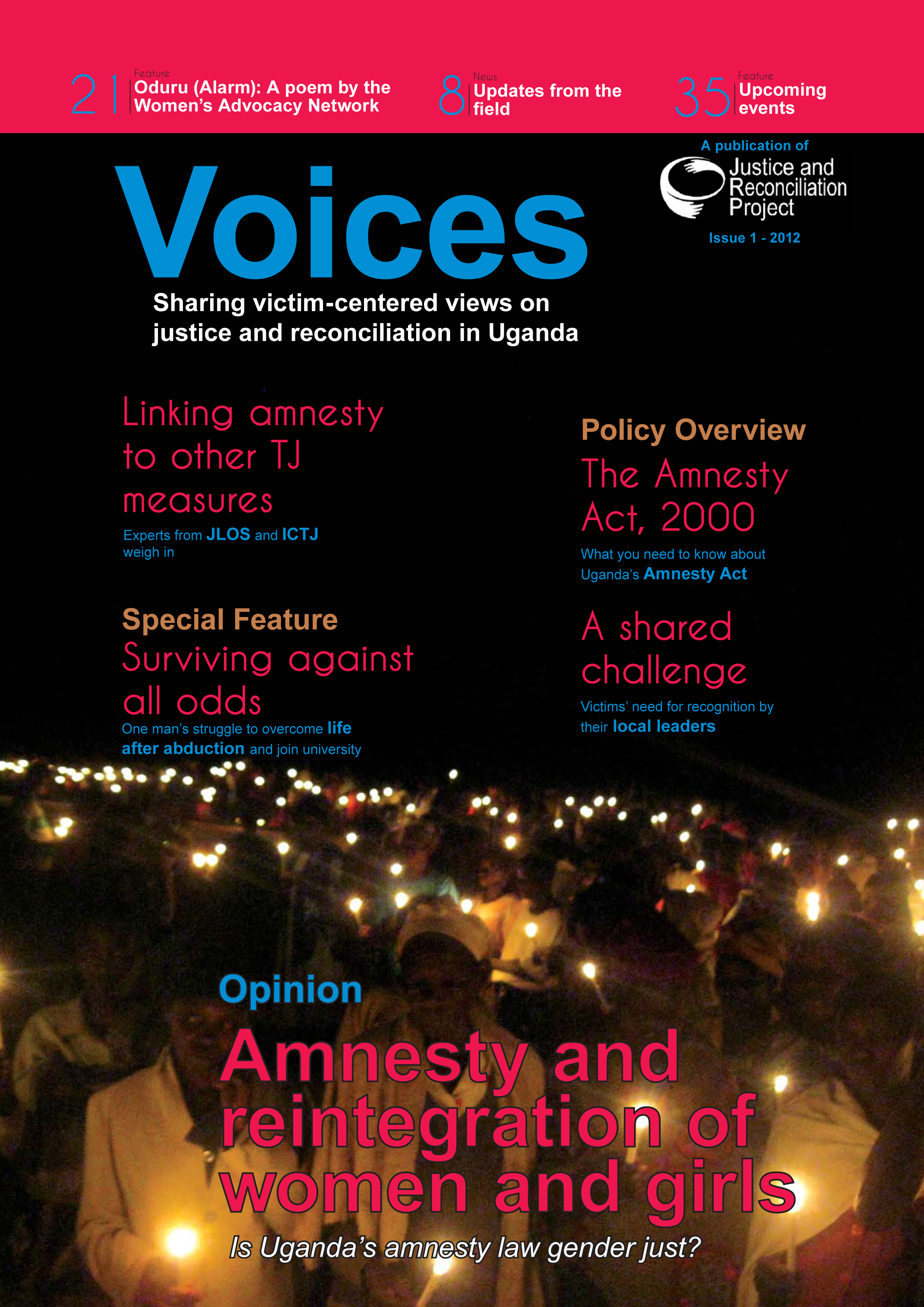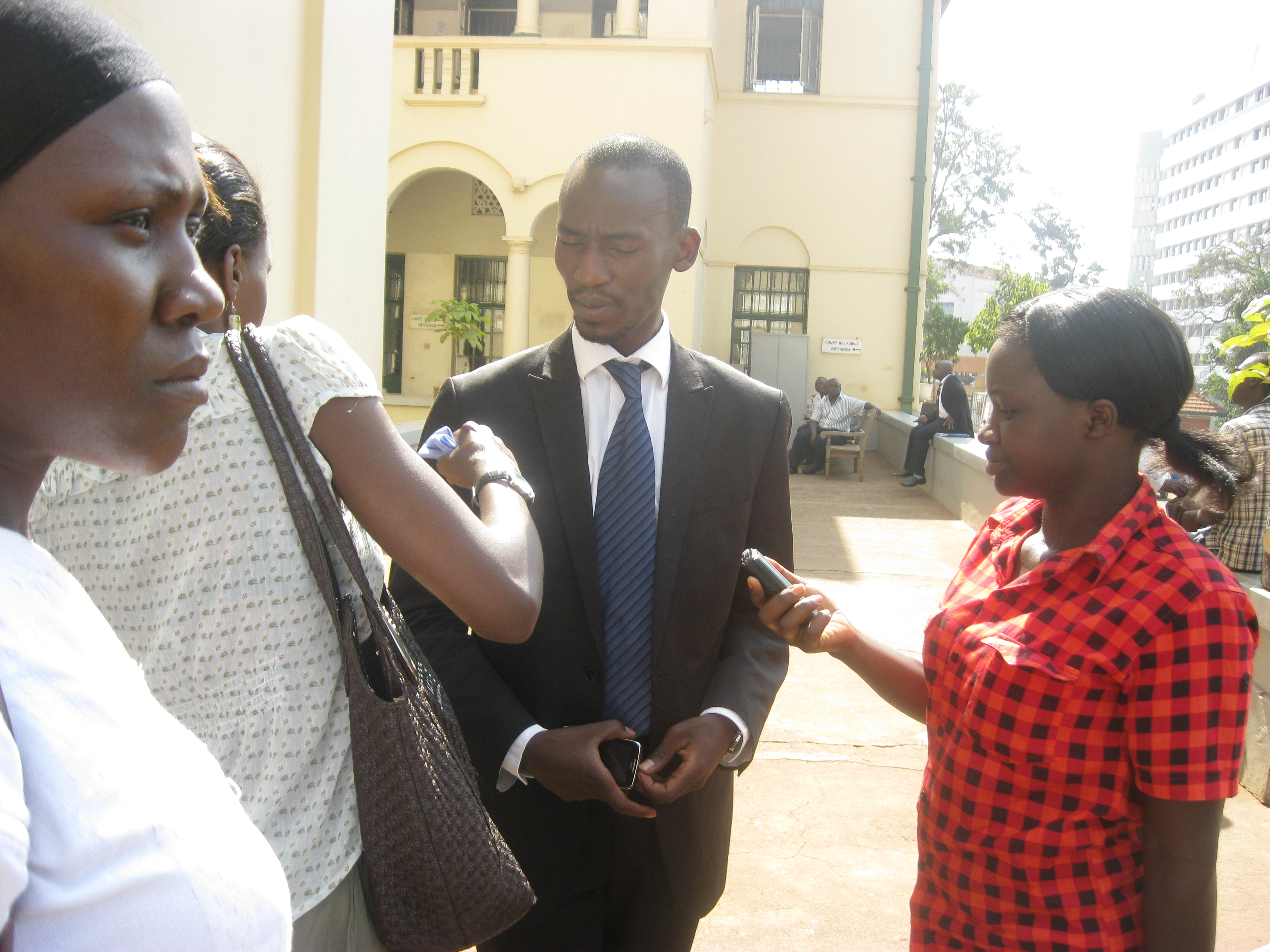
The Transitional Justice IQ Gauge is a quiz competition for young people designed to connect youth from different parts of northern Uganda to build a critical mass around transitional justice.
Guided by the theme “Every Body counts; Voices of Young People in Transitional Justice”, selected schools within Pader, Kitgum, Nwoya, Amuru and Gulu Districts will be competing to scoop the district title in order to compete for the regional prize. To make the competition interactive, the audience will be expected to contribute questions that will be asked to the competing teams for additional marks.

Regional Competition
Thursday, 20th September 2012 Starting at 09:00 Venue: Sir Samuel Baker School – Gulu
Taking place on the eve of the International Day of Peace, the final event will see the district winners compete for the regional title. The event will be officiated by a celebrated TJ practioner and attended by key stakeholders.
Participants:
- Awere S.S. – Gulu
- Restore Leadership High School – Amuru
- Pope John Paul VI S.S. – Nwoya
- Kitgum High School – Kitgum/Lamwo
- Pajule S.S. – Pader
District Competitions
Pader District
Monday, 10th September 2012
Starting at 09:00
Venue: Pader Girls Secondary School
The following schools will be competing for the District title;
1. Pader Girls S.S
2. Acholi Bur S.S
3. Lagwi Seed S.S
4. Pajule S.S
Kitgum District
Tuesday, 11th September 2012
Starting at 09:00
Venue: Refugee Law Project/National Memory and peace Documentation Centre ((NMPDC)
The following schools will be competing for the District title;
1. Kitgum High School
2. Y.Y Okot Memoril School
3. Padibe S.S
4. Palabek S.S
Nwoya District
Wednesday, 12th September 2012
Starting at 09:00
Venue: Pope Paul VI, Anaka
The following schools will be competing for the District title:
1. Pope Paul VI S.S
2. Koch Goma S.S
3. Alero S.S
4. Purongo Seed S.S
Amuru District
Thursday, 13th September 2012
Starting at 09:00
Venue: Lacor Seminary Sacret Heart School
The following schools will be competing for the District title;
1. Lacor Seminary Sacret Heart School
2. Keyo S.S
3. Restore Leadership School
4. Pabbo S.S
Gulu District
Friday, 14th September 2012
Starting at 09:00
Venue: Sir Samuel Baker School
The following schools will be competing for the District title;
1. Sir Samuel Baker School
2. Sacret Heart S.S
3. Awere S.S
4. Gulu S.S
